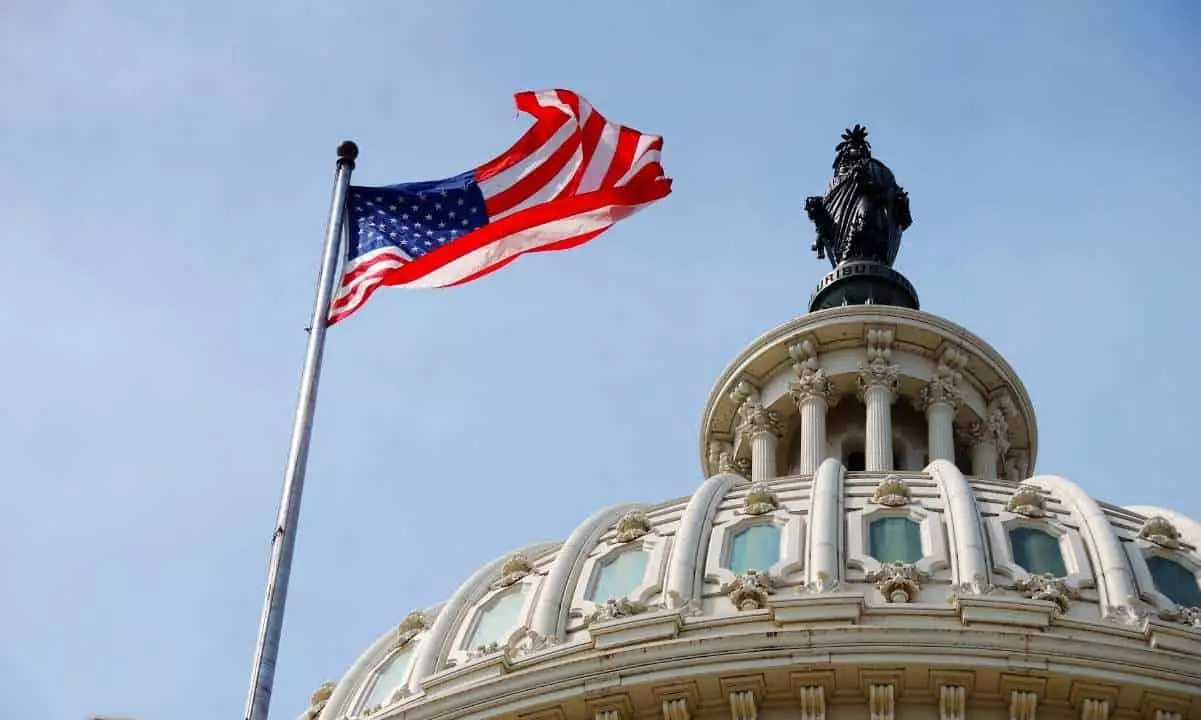The landscape of cryptocurrency regulation in the United States is on the cusp of significant transformation. With the U.S. Senate Banking Committee gearing up to establish a dedicated subcommittee for cryptocurrencies, this marks a pivotal moment in how these digital assets will be overseen by legislative bodies. The initiative aims to provide a structured approach to an ever-evolving market that has been both lauded for its innovation and criticized for its volatility and risks.
At the helm of this effort is Senator Tim Scott, the newly appointed chairman of the Senate Banking Committee, who recognizes the urgent need for a focused regulatory framework in the cryptocurrency sector. His announcement, showcased through Fox Business reporter Eleanor Terret’s update, identifies Senator Cynthia Lummis as the prospective head of the subcommittee. However, her leadership will only be confirmed following an upcoming vote. This underscores the collaborative yet competitive nature of Senate politics, especially concerning the rapidly growing field of digital assets.
The structural design of the subcommittee appears to be inspired by a comparable initiative within the House Financial Services Committee, which was previously established under Congressman Patrick McHenry in 2023. This parallel suggests a bipartisan recognition of the importance of cryptocurrency oversight, aimed at fostering innovation while ensuring consumer protection and system integrity.
The proposed formation of the Senate subcommittee aligns with earlier legislative efforts, such as the Financial Innovation and Technology for the 21st Century Act (FIT21), which was passed in 2024. FIT21 delineates the regulatory responsibilities of multiple agencies, aiming to create a cohesive operating framework for the industry. Co-authored by Congressman French Hill, this act emphasizes robust consumer protections that disallow the commingling of customer funds, a measure that seeks to mitigate risks akin to the catastrophic collapse of platforms like FTX.
This proactive approach not only reflects a commitment to safeguarding consumers but also positions the U.S. regulatory environment as a potential leader in the global digital asset market. The anticipation surrounding these legislative frameworks indicates a shift towards a more structured and secure operational milieu for cryptocurrencies.
Despite the prospect of bipartisan involvement, the membership of the new subcommittee appears skewed towards Republican ideals, with several known advocates for cryptocurrency, such as Senators Bernie Moreno, Dave McCormick, Thom Tillis, and Bill Hagerty, already poised to join. This raises questions about how Democratic representation will manifest within this body, particularly with figures like Elizabeth Warren, who has expressed skepticism towards the crypto industry, holding a prominent position on the committee.
The new administration, headed by President-elect Donald Trump, is anticipated to serve as a catalyst for these legislative efforts. With the GOP securing control of both Congress and the White House, there exists a rare opportunity for substantial advancements in cryptocurrency-related policies, aligning with the party’s expressed goal of elevating the U.S. as a frontrunner in the global digitized economy.
The establishment of a cryptocurrency subcommittee within the U.S. Senate is not merely bureaucratic; it signifies a burgeoning acknowledgment of the critical role that cryptocurrencies are likely to play in the future of finance. This initiative could lead to the creation of laws and guidelines that support innovation while ensuring that risks are adequately managed.
As these discussions evolve, stakeholders across the spectrum—ranging from crypto entrepreneurs to consumer advocates—will be closely monitoring how regulatory frameworks are crafted. The effectiveness and efficacy of these proposed measures will ultimately define whether the new subcommittee can indeed transform the landscape of digital asset regulation into one that fosters both innovation and security.
The launch of a cryptocurrency subcommittee in the U.S. Senate represents a crucial step towards a regulated and structured approach to digital assets. As political dynamics shift and new leaders emerge, the future of cryptocurrency regulation will hinge on the ability of lawmakers to balance innovation with consumer protection. With bipartisan efforts and the ambition to position the U.S. as a global leader in crypto, the stakes for this regulatory framework could not be higher. As we move forward, it becomes increasingly vital to watch how these developments unfold and impact the broader financial ecosystem.

